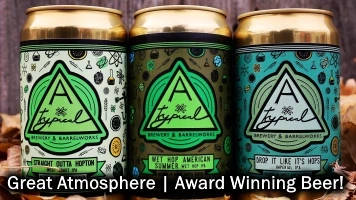The plastic recycling myth and our very real crisis
Plastic used to be a convenience. Now it’s a contaminant — not just in our oceans and landfills, but in our bodies and even our brains. This Earth Month, Grove Collaborative CEO Jeff Yurcisin makes a clear-eyed case: recycling isn’t saving us, and industry has to do better. The plastic problem is no longer distant
Read & Share sourced from: Fast Company




